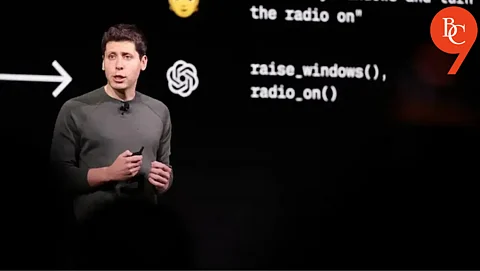Sam Altman Warns of Rising ChatGPT Dependency Among Young People: “It Is Bad and Dangerous”
Sam Altman, CEO of OpenAI; the company behind ChatGPT has recently sounded an alarm on the rising dependency on AI-driven tools like ChatGPT among young users. His candid remarks underscore the potential risks and dangers associated with overusing AI-powered chatbots, sparking a crucial conversation about balanced technology engagement.
ChatGPT, an AI language model, has seen explosive growth in popularity across various age groups, especially among younger generations who often turn to it for assistance with homework, creative writing, learning, and even personal advice. While AI offers many advantages in accessibility and productivity, Altman warns that excessive reliance on ChatGPT can be harmful.
Why Is Dependency on ChatGPT a Concern?
Altman’s caution stems from several potential negative effects linked to heavy reliance on AI chatbots:
Relying too much on AI for answers can hamper the development of independent problem-solving and deep analytical skills.
Although ChatGPT strives to provide accurate information, it can sometimes generate incorrect or misleading responses, leading to misinformation.
Over-dependence on AI for social interaction or emotional support might isolate young users and exacerbate feelings of loneliness or detachment.
Excessive data sharing and blind trust in AI answers raise ethical issues, especially when personal or sensitive information is involved.
While Altman acknowledges the transformational potential of AI, he stresses the importance of balanced and responsible usage, especially among youth.
Altman’s sentiment aligns with growing voices in the tech and education sectors urging for regulation, ethical standards, and psychological safeguards to ensure AI acts as a helpful assistant rather than a crutch.
At the same time, many users emphasize the benefits of AI as a powerful augmenting tool making complex knowledge accessible and facilitating personalized learning experiences if used judiciously.
Sam Altman's warning about rising ChatGPT dependency among young people brings to light the complexities of integrating advanced AI in daily life. It is a wake-up call to educators, parents, policymakers, and users to foster responsible AI use that empowers rather than diminishes human potential. Balanced engagement, education, and awareness are vital to harness AI’s benefits while minimizing risks, ensuring a safer digital future for the next generation.


